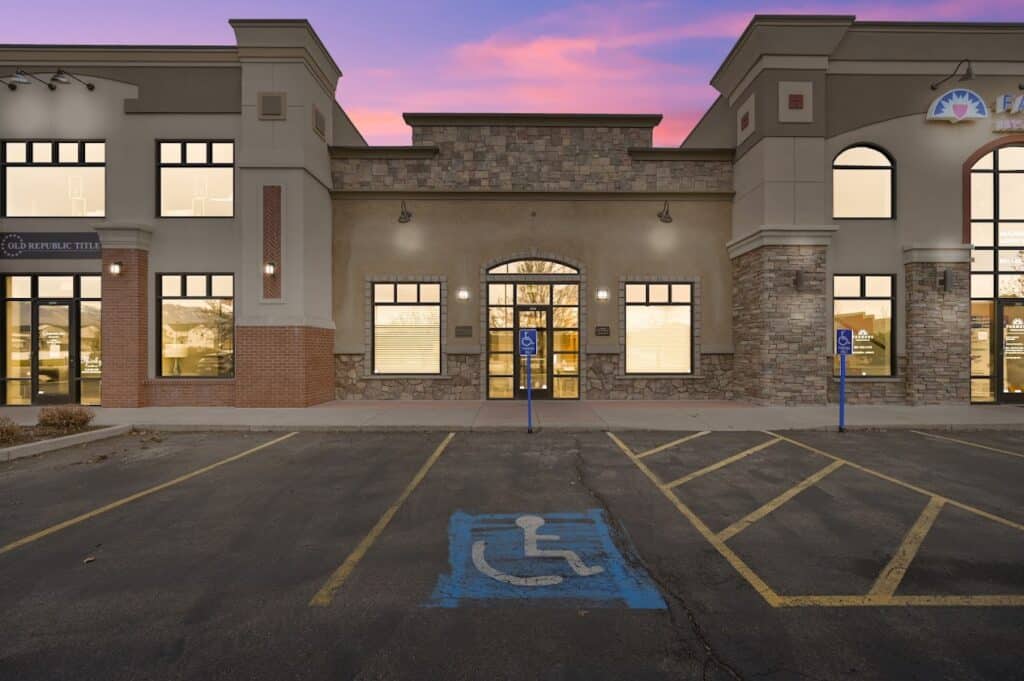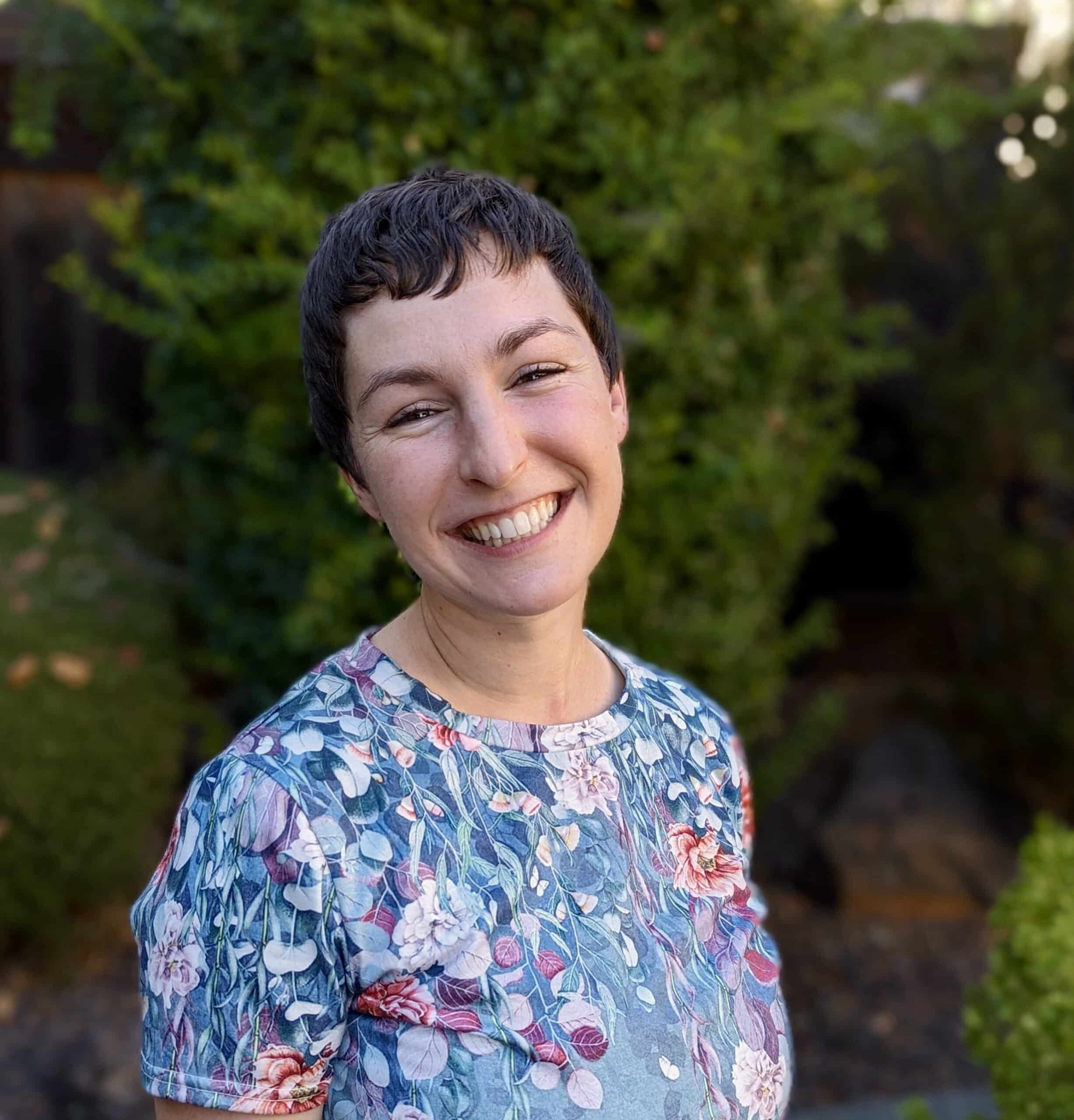Stellate Ganglion Block (SGB) is a medical procedure that involves the injection of a long lasting local anesthetic into the stellate ganglion, a bundle of nerves located in the back of the neck. The Veterans Administration was using this to help Veterans manage upper body pain, and noticed that many had a rapid reduction in PTSD symptoms, without other interventions. They did a 2 year study and published the results, and other researchers have expanded this research. This procedure has been shown to be effective in reducing symptoms of various mental health conditions, particularly post-traumatic stress disorder (PTSD). While newer studies indicate about a 70-75% rate of positive reaction to the shots, Corner Canyon Health Center screens clients carefully before recommending the shot, and our clients have typically had fairly significant reductions in PTSD symptoms like anxiety. If a client’s anxiety level is at an extremely high baseline prior to the shots, the first one may not appear to have that typical response, but the second and third one (if recommended) will often produce that. The SGB shot is done at an outpatient clinic, and is an extra cost for clients.
The SGB is believed to work by reducing the activity of the sympathetic nervous system, which is often overactive in individuals with PTSD. By blocking the stellate ganglion, SGB can reduce the release of adrenaline and other stress hormones, which can lead to a reduction in anxiety, hyperarousal, and other symptoms of PTSD.
Several studies have demonstrated the effectiveness of SGB in reducing symptoms of PTSD. For example, a randomized controlled trial published in the Journal of Clinical Psychiatry in 2016 found that SGB led to significant reductions in PTSD symptoms, anxiety, and depression compared to a control group who received a placebo injection. Another study published in the Journal of Traumatic Stress in 2021 found that SGB was associated with significant improvements in PTSD symptoms, sleep quality, and quality of life.
While SGB may not work for everyone, it is a promising treatment option for individuals who have not responded to traditional therapies or who are unable to tolerate the side effects of medications.
The SGB is believed to work by reducing the activity of the sympathetic nervous system, which is often overactive in individuals with PTSD. By blocking the stellate ganglion, SGB can reduce the release of adrenaline and other stress hormones, which can lead to a reduction in anxiety, hyperarousal, and other symptoms of PTSD.
Several studies have demonstrated the effectiveness of SGB in reducing symptoms of PTSD. For example, a randomized controlled trial published in the Journal of Clinical Psychiatry in 2016 found that SGB led to significant reductions in PTSD symptoms, anxiety, and depression compared to a control group who received a placebo injection. Another study published in the Journal of Traumatic Stress in 2021 found that SGB was associated with significant improvements in PTSD symptoms, sleep quality, and quality of life.
While SGB may not work for everyone, it is a promising treatment option for individuals who have not responded to traditional therapies or who are unable to tolerate the side effects of medications.

We are specifically formulated to offer personalized therapeutic interventions to adult individuals with mental health disorders.

We provide a comprehensive Intensive Outpatient Program (IOP) that offers clients the opportunity to attend group therapy sessions three to five times a week.
We do not accept Medicare or Medicaid.
We are a private pay program, and are out of network with most insurance companies. We have success securing single case agreements with many companies, however, the rate of payment on those varies with the insurance company and we cannot guarantee what they might pay. We will run a Verification of Benefits (VOB) when we receive your insurance information so you have a general idea of what your insurance policy may reimburse, however, that is an estimate based on what all people insured by your company have received from your insurance, not a guarantee of what they will pay in your case.
On average, Corner Canyon’s clients receive a portion of insurance reimbursement 85-90% of the time, but the amount varies from minimal repayment to full reimbursement. We have a team of insurance advocates who are invested in helping families secure as much reimbursement as possible.
Fill out our Online Application here or call us at 877-226-0317 and you will receive a return call, text, or email quickly, depending on what you specify. We want you to have the best experience possible with us from start to finish, and responsive communication is part of that.
Take a virtual tour of our inpatient facility.
Call us at 877-226-0317 or email admissions@cornercanyonhc.com
© Copyright 2024 Corner Canyon™ | All Rights Reserved | Privacy Policy
